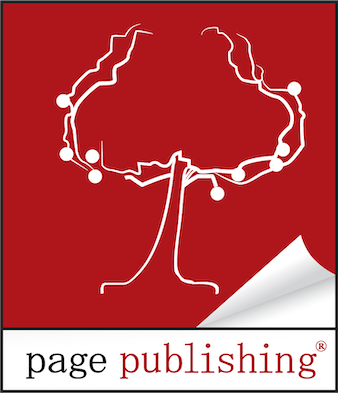
Writing a book is no easy feat. It requires dedication, research, and the ability to craft a compelling narrative. For those struggling to put words on paper, speech-to-text or dictation software can be helpful. Dictation software allows you to dictate your thoughts and ideas into a computer and have them automatically transcribed into text. It can be a great way to get your thoughts out quickly and with minimal effort. However, there are both pros and cons to using dictation tools to help write your book.
On the one hand, you can save time and energy by not having to type out your story, and you can capture ideas as they come to you. However, on the other hand, you may run into some technical difficulties. Therefore, it is important to weigh your options carefully and decide whether dictation software is right for you and your book.
Pros of Using Dictation Software
- Increased Productivity: With dictation software, you can quickly and accurately create books with fewer distractions or errors.
- Enhanced Creativity: Dictation allows for better ideas to flow uninterrupted and be captured on the spot as soon as they come to mind.
- Cost-Effective Solution: Compared to hiring someone else, dictation software is a more affordable way of writing your book without sacrificing quality or speed of production.
- Reduced Stress Levels: Writing your book with the help of this technology eliminates the need for typing up drafts manually, which can take time away from other vital tasks like research and editing, which are also essential parts of creating a successful publication.
- Improved Accuracy: When converting speech into text, the accuracy rate is usually much higher than any mistakes that may occur while typing.
Cons of Using Dictation Software
- Inaccurate Recognition: The biggest downside to dictation software is that it can often struggle to recognize the words you’re speaking accurately. It can lead to misheard or changed phrases, which will require a great deal of proofreading and editing for the book to be ready for publication.
- Limited Dictation Capabilities: While some dictation software may understand basic commands such as “delete that sentence,” these are limited capabilities compared with manually typing out your work using a keyboard and mouse combination instead.
- Technical Difficulties: As with any technology, there might be technical issues occasionally. Something outside of the user’s control has caused problems and could delay progress on their writing project by hours or days while they wait for assistance from customer service teams at tech companies.
- Noise Distraction Issues: Many dictate programs rely on noise filters, but even then, background noise will always come through if you’re not in an isolated environment when recording your voice – this could impact accuracy too.
- Increased Editing Time: Even after making use of many features included within transcribing programs like grammar correction tools etc., it’s likely that users will have more editing time required compared with traditional methods.
Tips for using dictation software
If after weighing the pros and cons, you decide dictation software could be beneficial to you, be sure to make the most out of it by following these quick tips:
- Choose a dictation software compatible with your computer/device and tailor it to your needs.
- Slow down your speaking rate when using the software to ensure accuracy.
- Speak clearly and use natural pauses in between phrases and sentences.
- Make sure to include punctuation in your speech.
- Check the text generated by the software for accuracy and make corrections as needed.
- Utilize the software’s built-in features and settings to get the most out of it.
- Use the software in short bursts instead of one long session.
- Take regular breaks between dictation sessions to avoid fatigue.
- If possible, record yourself speaking and listen to the playback to improve accuracy.
Dictation software is excellent for those who want to write their book but don’t have the time or experience to adequately express their thoughts by typing them out. Having the ability to speak into a device and have your words typed out for you can help save time and boost productivity. It’s also a great way to record your ideas and get them on paper. While it is important to be aware of its limitations, it’s also important to remember that there are ways to work around them. With some practice, you will be able to produce great results and have it transform your book into a professional piece of writing.
